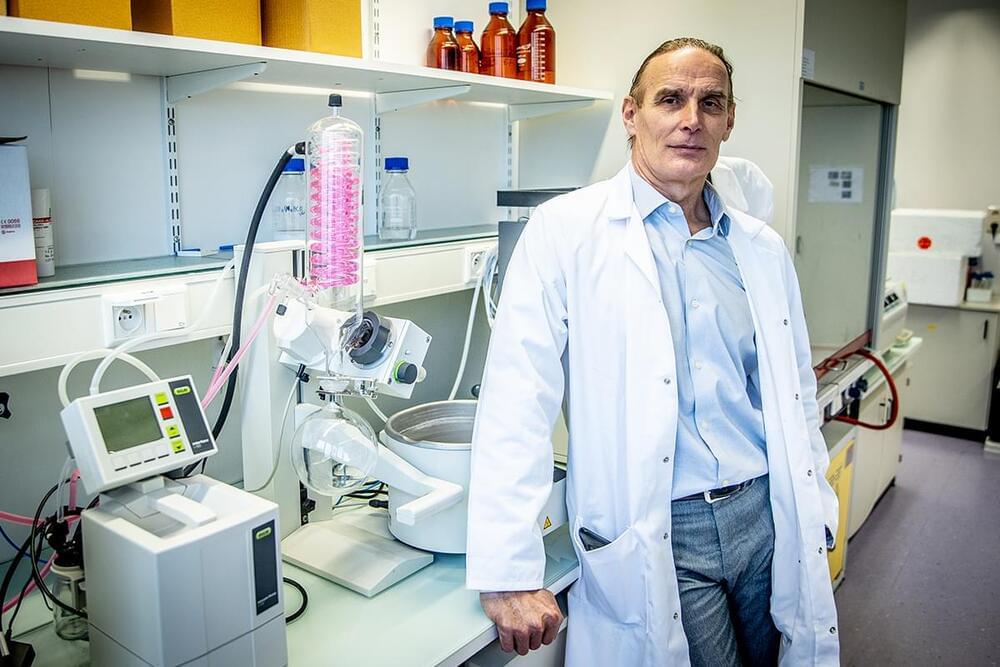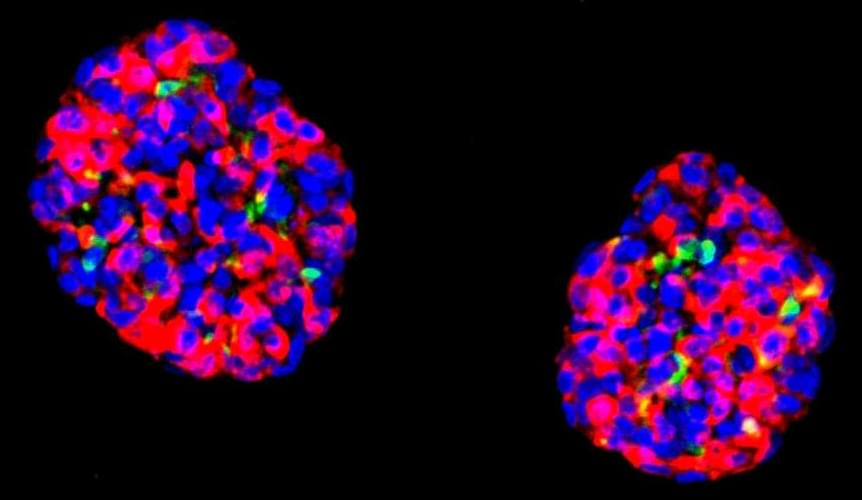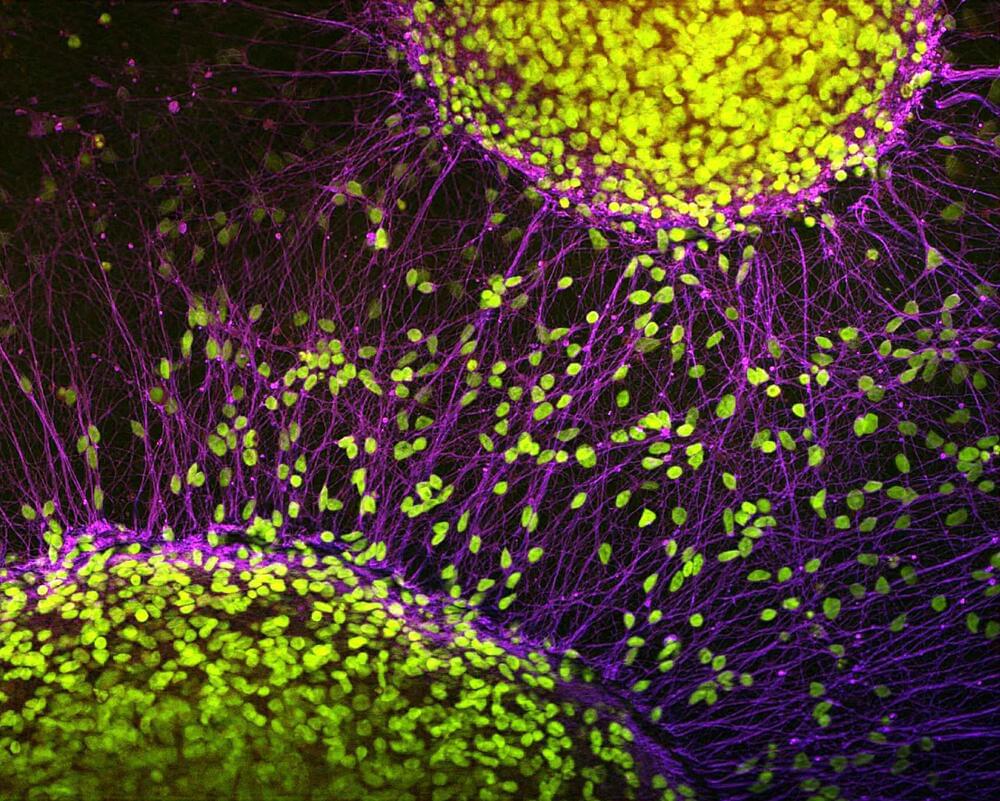George Church at his most optimistic. June 1, 2022.
Dr George Church talks about combination therapies for age reversal, recently published papers from his lab and expresses his wish on developing inexpensive gene therapies like vaccine that can be equitably distributed to human.
Dr George Church is the Robert Winthrop Professor of Genetics at Harvard Medical School, a Professor of Health Sciences and Technology at Harvard and the Massachusetts Institute of Technology (MIT), and a core faculty member of the Wyss Institute.
Same as Dr David Sinclair, Dr George Church currently runs the Church Lab at Harvard Medical School. Both labs collaborate many projects together especially on age reversal topics. Dr Church also directs the Personal Genome Project, a long-term cohort study that allows scientists to connect human genetic information (human DNA sequence, gene expression, associated microbial sequence data, and more) with human trait information (medical information, biospecimens, and physical traits) and environmental exposures.
DISCLAIMER: Please note that none of the information in this video constitutes health advice or should be substituted in lieu of professional guidance. The video content is purely for informational purposes.





